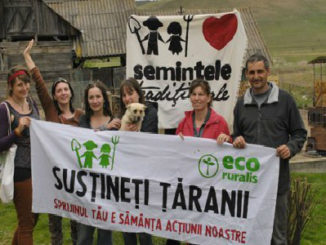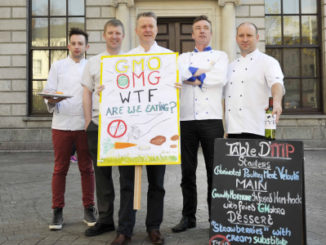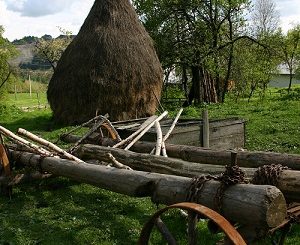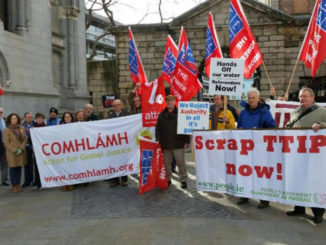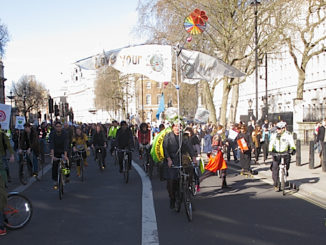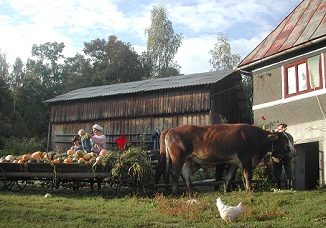
400m: the height of unfairness in Wales?
A group of Welsh hill farmers has successfully challenged a deeply unpopular ten-fold differential in proposed Basic Payment rates for upland. Less than a week before Christmas, the Welsh Assembly stepped back from a judicial review of its November decision to fix Basic Payments (BPS) at EUR 20/hectare above the 400-metre contour, compared to EUR 200/hectare below it. Ad hoc hill farmers’ group Fairness For The Uplands (FFTU) had secured a court hearing into what spokesman Tony Davies told journalists had become a “fiasco.” Farmers’ concerns over how the moorland line was to be fixed had not been understood, according to the FFTU, which advocates a fairer system based on productivity. Working with a landscape that can rise from sea level to 1,000 metres within tens of kilometres, Welsh hill farmers do not live by contour lines, even if it would have suited payment agency staff for them to do so. For the Welsh Assembly, the choice of a contour line avoids endless arguments about how to classify and support agricultural activity or disallow agricultural […]

